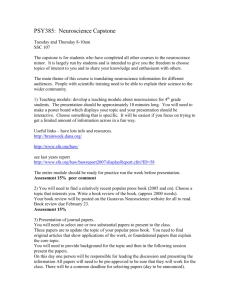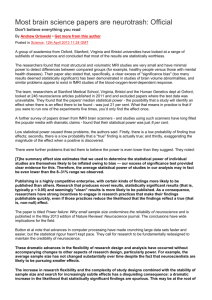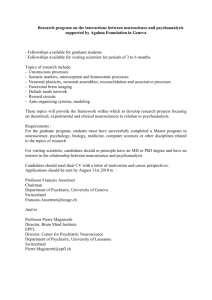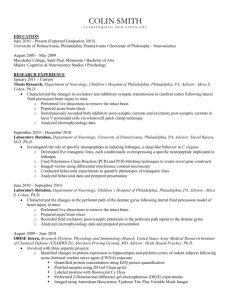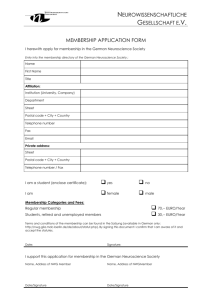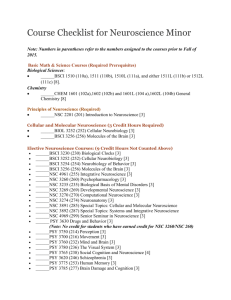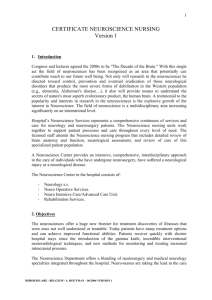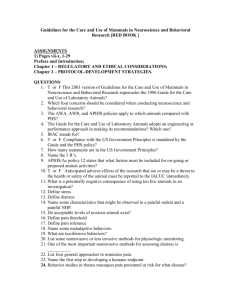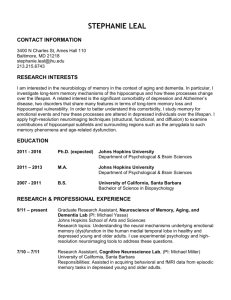IBRO ISN Neuroscience School
advertisement
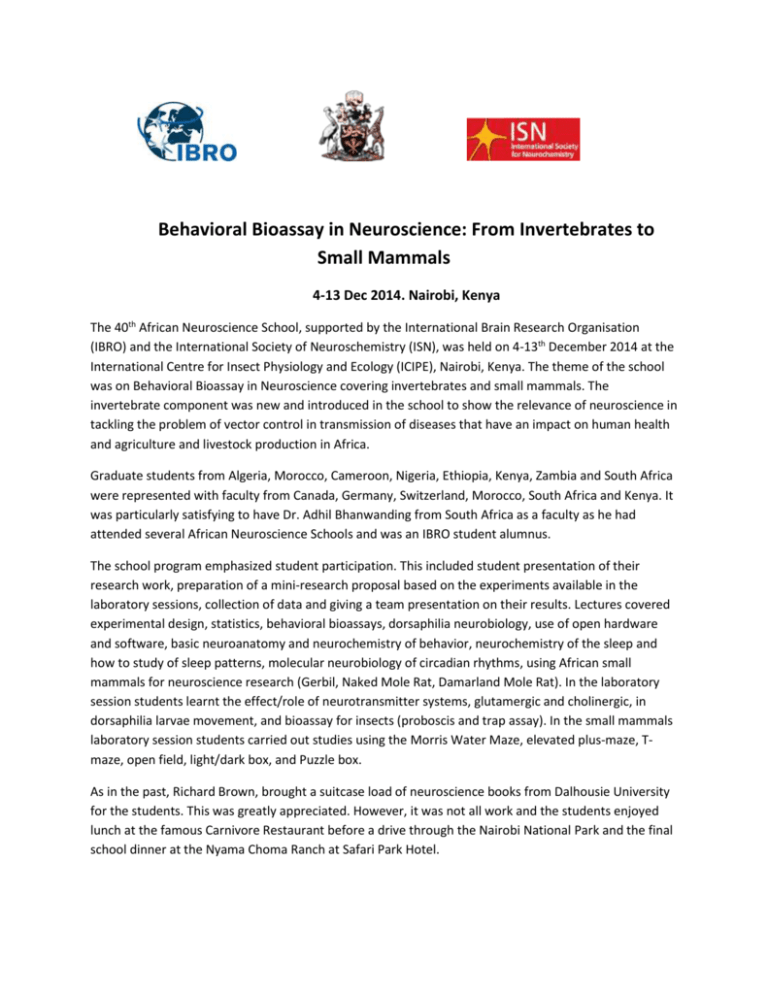
Behavioral Bioassay in Neuroscience: From Invertebrates to Small Mammals 4-13 Dec 2014. Nairobi, Kenya The 40th African Neuroscience School, supported by the International Brain Research Organisation (IBRO) and the International Society of Neuroschemistry (ISN), was held on 4-13th December 2014 at the International Centre for Insect Physiology and Ecology (ICIPE), Nairobi, Kenya. The theme of the school was on Behavioral Bioassay in Neuroscience covering invertebrates and small mammals. The invertebrate component was new and introduced in the school to show the relevance of neuroscience in tackling the problem of vector control in transmission of diseases that have an impact on human health and agriculture and livestock production in Africa. Graduate students from Algeria, Morocco, Cameroon, Nigeria, Ethiopia, Kenya, Zambia and South Africa were represented with faculty from Canada, Germany, Switzerland, Morocco, South Africa and Kenya. It was particularly satisfying to have Dr. Adhil Bhanwanding from South Africa as a faculty as he had attended several African Neuroscience Schools and was an IBRO student alumnus. The school program emphasized student participation. This included student presentation of their research work, preparation of a mini-research proposal based on the experiments available in the laboratory sessions, collection of data and giving a team presentation on their results. Lectures covered experimental design, statistics, behavioral bioassays, dorsaphilia neurobiology, use of open hardware and software, basic neuroanatomy and neurochemistry of behavior, neurochemistry of the sleep and how to study of sleep patterns, molecular neurobiology of circadian rhythms, using African small mammals for neuroscience research (Gerbil, Naked Mole Rat, Damarland Mole Rat). In the laboratory session students learnt the effect/role of neurotransmitter systems, glutamergic and cholinergic, in dorsaphilia larvae movement, and bioassay for insects (proboscis and trap assay). In the small mammals laboratory session students carried out studies using the Morris Water Maze, elevated plus-maze, Tmaze, open field, light/dark box, and Puzzle box. As in the past, Richard Brown, brought a suitcase load of neuroscience books from Dalhousie University for the students. This was greatly appreciated. However, it was not all work and the students enjoyed lunch at the famous Carnivore Restaurant before a drive through the Nairobi National Park and the final school dinner at the Nyama Choma Ranch at Safari Park Hotel.


